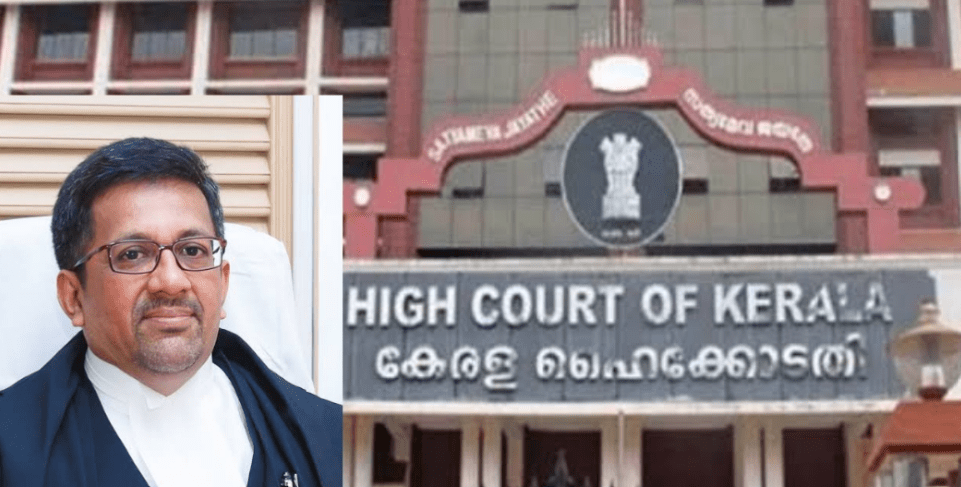The Madhya Pradesh High Court (Gwalior Bench) has held that WhatsApp chats obtained without a partner’s consent can still be used as evidence in a matrimonial case if they are relevant. The Court clarified that under Section 14 of the Family Courts Act, 1984, Family Courts have wider powers to admit evidence, even if such material may otherwise be inadmissible under the Indian Evidence Act, 1872.
The case arose when a husband submitted his wife’s WhatsApp chats to prove allegations of adultery. The chats were accessed through a special application installed on the wife’s phone, which automatically forwarded her messages to the husband’s device.
The wife argued that her husband’s act of secretly installing an app on her phone violated her right to privacy and that evidence obtained through illegal means should not be considered. The husband’s counsel, however, relied on Section 14 of the Family Courts Act, contending that relevance of evidence, not the manner of collection, should be the deciding factor.
The High Court agreed with the husband’s position. Referring to Sections 14 and 20 of the Family Courts Act, the Court noted that Family Courts can admit relevant documentary and electronic evidence even if it would be inadmissible in regular courts. It also highlighted Section 122 of the Indian Evidence Act, which allows disclosure of marital communications in cases between spouses.
Addressing the privacy argument, the Court cited Sharda v. Dharmpal (2003) and K.S. Puttaswamy v. Union of India (2017), stating that while privacy is a fundamental right under Article 21, it is not absolute. The law permits limited invasion of privacy where required for justice.
The Court stressed that excluding such evidence would defeat the purpose of Family Courts, which are designed to resolve deeply personal disputes fairly. It ruled that:
- Evidence is admissible if it is relevant, regardless of how it is collected.
- Admitting evidence does not automatically prove the fact in issue; it must still be tested.
- Illegally obtained evidence can still expose the collector to civil or criminal liability.
- Courts must handle such material with caution to prevent misuse or tampering.
In conclusion, the High Court upheld the Family Court’s order, confirming that the husband could rely on the WhatsApp chats to support his adultery allegations.
Case Title: Smt. Anjali Sharma v. Raman Upadhyay
Be a part our social media community:
Facebook: https://www.facebook.com/IndianMan.in?mibextid=ZbWKwL
Instagram:
https://www.instagram.com/indianman.in?igsh=MWZ2N3N0ZmpwM3l3cw==




